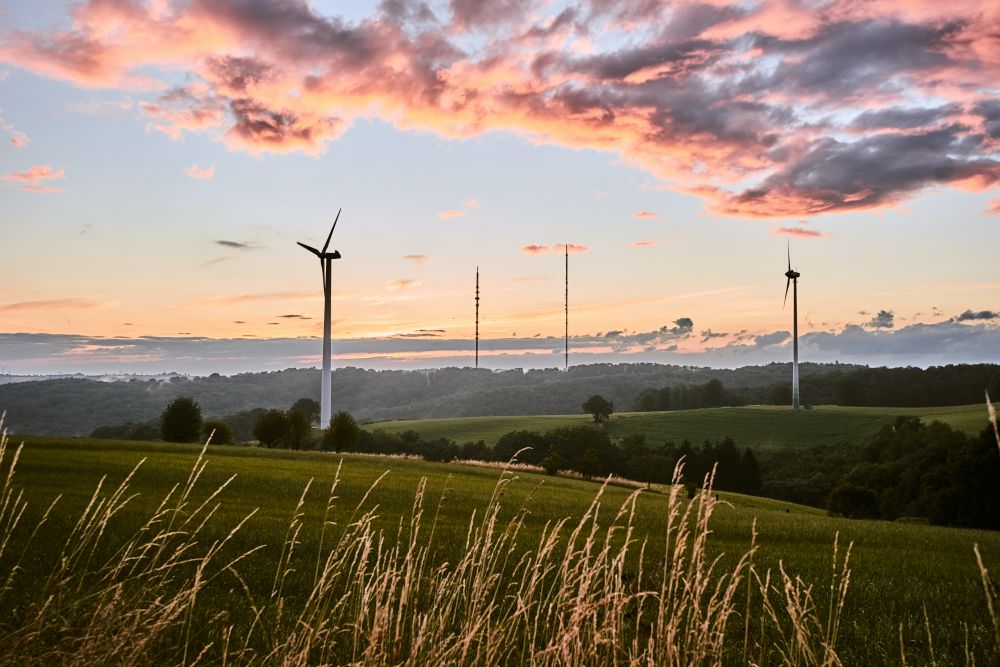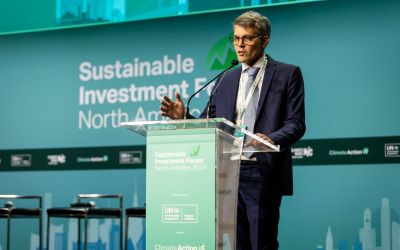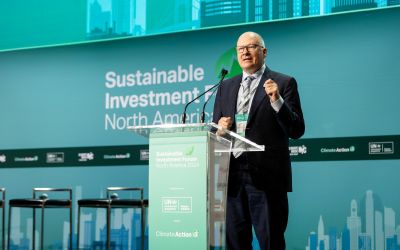£102 million government backing for nuclear and hydrogen innovation in the UK
The UK government has announced new funding to support clean energy production in the UK, following Russia’s illegal invasion of Ukraine and the subsequent impact on global energy prices.

The UK government has announced new funding to support clean energy production in the UK, following Russia’s illegal invasion of Ukraine and the subsequent impact on global energy prices.
Set to become a super-fuel of the future, accelerating the use of hydrogen will be key to the UK’s greener energy future, alongside the government’s work to deploy renewables and nuclear to strengthen the UK’s energy security.
To support this, the government has committed £25 million to accelerate the deployment of hydrogen from bioenergy with carbon capture and storage (BECCS) - a unique ‘negative emission’ technology that can permanently remove CO2 from the atmosphere. Biomass absorbs CO2 during growth which is then captured and permanently stored during the hydrogen generation process.
Hydrogen BECCS technologies will have a key role to play on the UK’s path to net zero emissions, providing hydrogen as a clean fuel for hard-to-decarbonise sectors such as transport and heavy industry. Today’s funding will go directly towards progressing BECCS projects from the design stage to demonstration, supporting the technology to eventually become integrated as part of our everyday energy system.
Energy Minister Lord Callanan said: "With its potential to go one step further than net zero, and be carbon negative – removing greenhouse gas emissions from the atmosphere – this hydrogen technology will be crucial to achieving our climate goals."
"Our £25 million government funding to develop this technology will help unlock private investment and generate new green jobs – all while cutting carbon emissions."
Also announced today are proposals to set higher efficiency standards for new gas boilers, which could help households save on energy bills by cutting their use of expensive fossil fuels. Improving boiler efficiency will cut carbon emissions on the way to phasing out new and replacement natural-gas-only boilers from 2035. The proposal estimates 21 million tonnes of CO2 can be saved by 2050, the equivalent of taking nearly 9 million cars off the road for a year.
The government has also committed to new and innovative nuclear energy with the announcement of funding worth up to £60 million to kick start the next phase of research into the new cutting-edge high temperature gas reactor (HTGR), a type of advanced modular reactor (AMR), which could be up and running by the early 2030s.
The funding, from the Advanced Modular Reactor R&D programme, aims to get a demonstration project of the engineering design up and running by the end of the decade.
Find out more here.






